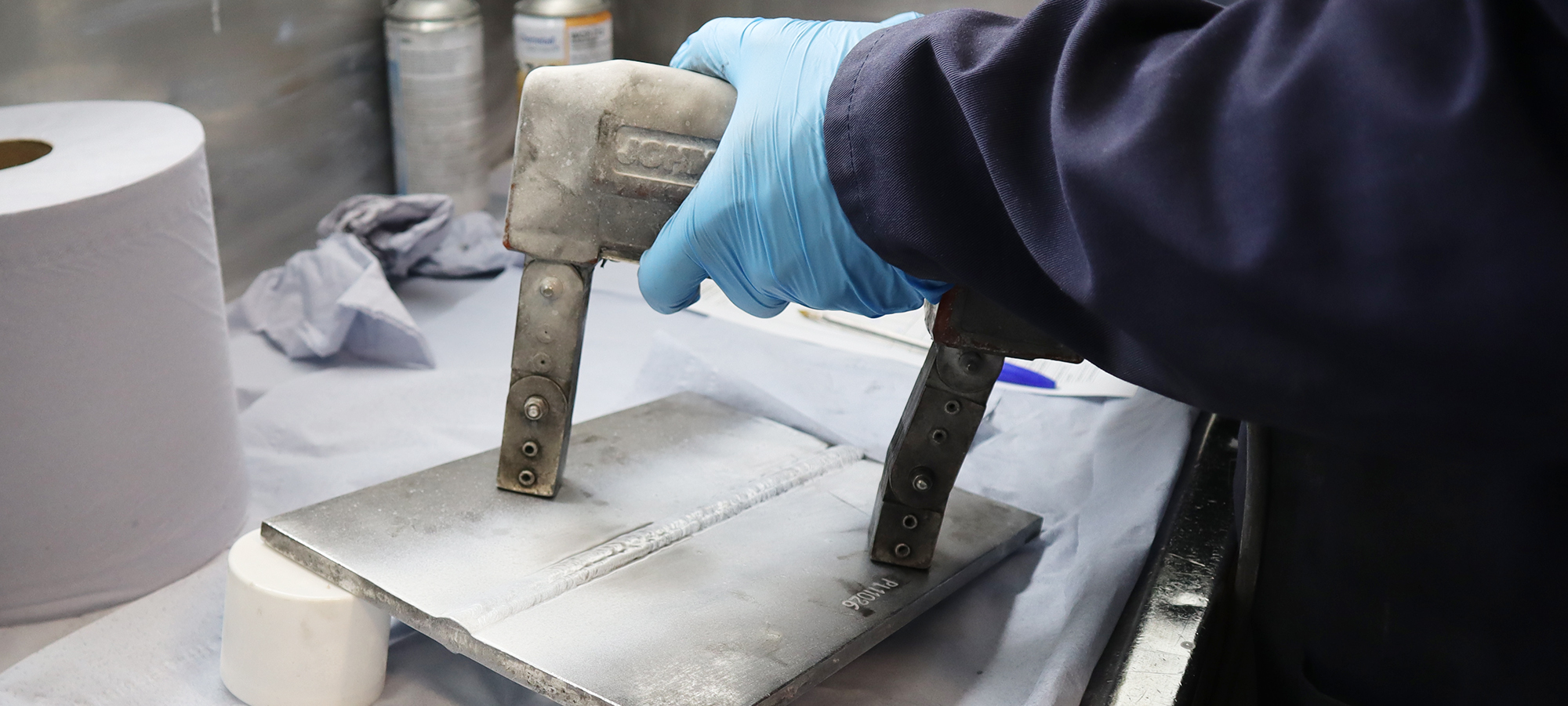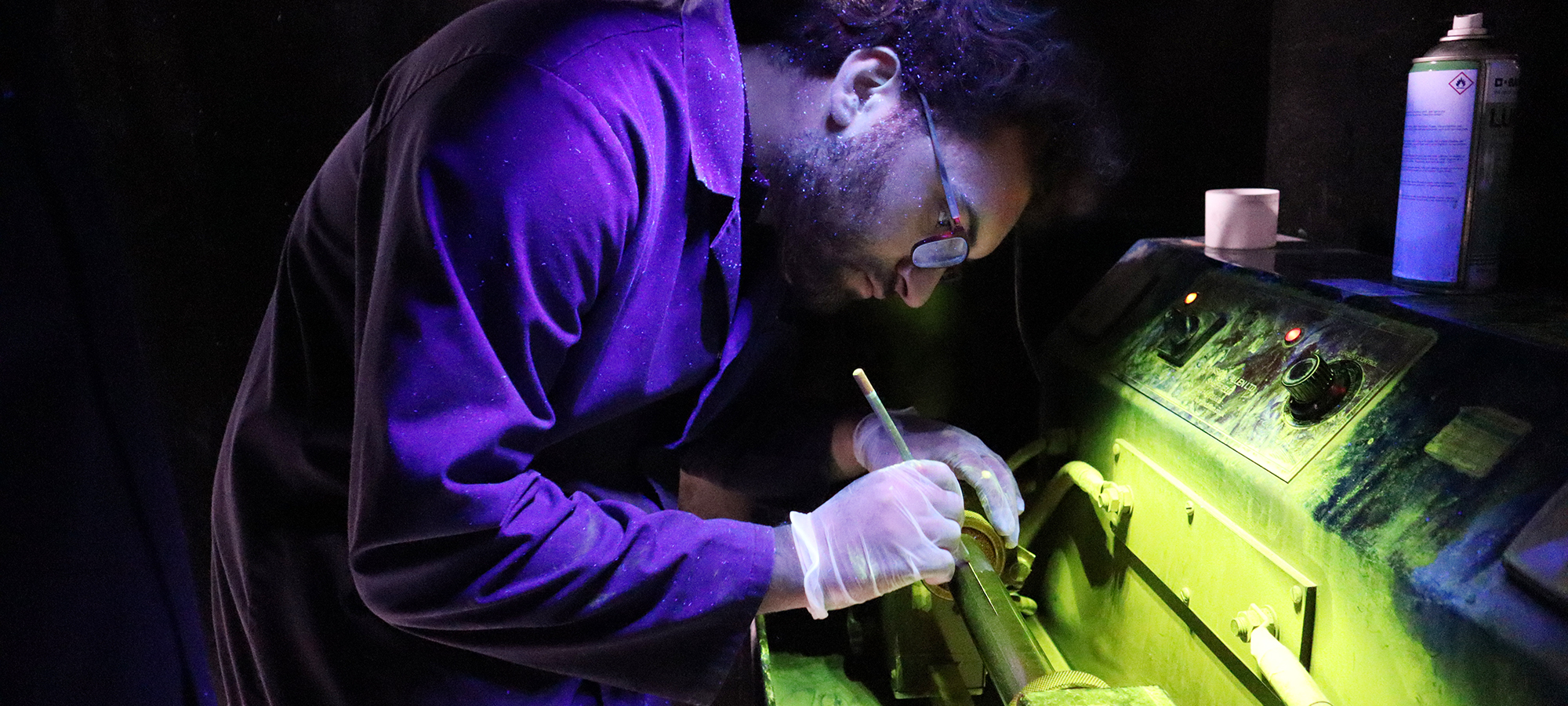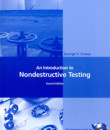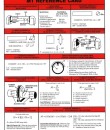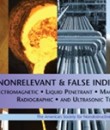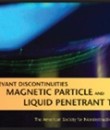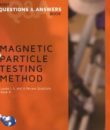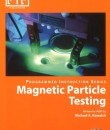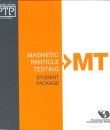What is Recertification?
Recertification is the procedure for revalidation of a certificate by examination conducted at a registered AQB.
Duration: 1 day (1/2 day refresher training & examination)
The period of validity of the certification is normally of five years from the date of certification, and the expiry date is indicated on the certificate and/or wallet card.
Since 1st January 2017, all recertification examinations must be taken at least 6 weeks prior to the expiry date. Therefore recertification examinations should be booked at least 3 months prior to the certificate expiry date. This is important as penalties are involved should you NOT be able to take your recertification examination prior to the 6 weeks ahead of the expiry date. Click here for further information.
Where success in the recertification procedure occurs within the 90 days prior to expiry of the certificate, the new certificate will expire five years after the expiry date of the certificate being revalidated. If the renewal or recertification procedure is completed prior to 90 days before expiry, the new certificate will be valid for five years from the completion of that renewal or recertification procedure.
It is the responsibility of the certificate holder to initiate the procedure required for renewal. The renewal application shall be presented within the six months before the date of expiration of the certification. To ensure continuity of certification, applicants are advised to ensure that their application reaches the Certification Records Office not later than 4 weeks before expiry.
In the event that a certificate has expired, for PCN holders you may apply for late renewal up to 12 months after the date of expiry (and no later) using PCN form PSL/28 obtainable from BINDT. PSL/28 may also be used by individuals who recognise in advance that, for whatever reason, they will be unable to submit their application for renewal by the expiry date, in which case they may apply on PSL/28 for deferred renewal. It is emphasized that acceptance of an application for late or deferred renewal/recertification does not extend the validity of the PCN certificate concerned.
Holders of PCN radiography certification at all levels will be required to be in possession of valid PCN basic radiation safety or radiological protection certification (or alternative national radiation safety certification where the certificate holder concerned is engaged in radiography exclusively outside of the United Kingdom) to maintain the validity of the radiography certificate.
Holders of Employer Based Schemes such as SNT-TC-1A, recertification renewals will be determined within the written practice.
